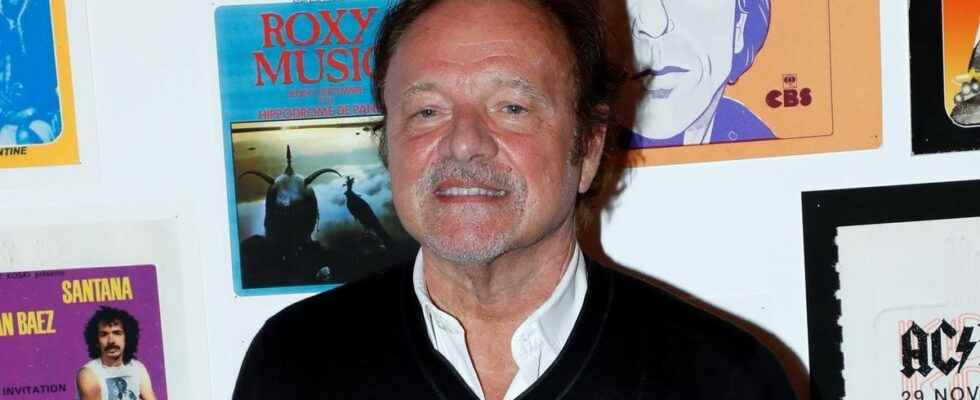Published on
Updated
Reading 3 mins.
After coping with the death of his father in December 2020, Guillaume Durand was diagnosed with jaw cancer the following year. What is jaw cancer? How is it treated? Explanations From Dr. Agnès Guerre, maxillofacial surgeon in Paris.
It is in the columns of Sunday newspaper, dated November 6, that the journalist chose to confide in. He goes back in detail on his ordeal in recent months, the pounds lost, the fact of relearning how to eat, the operation, the drugs…
Describing himself as “a half-mummy”, Guillaume Durand recounts his fight against illness, then his fight to feel better. A life ordeal that he will not forget and which has changed him forever: indeed, his voice has changed since his operation.
What is jaw cancer?
“Jaw cancer usually begins with a lesion in the mouth” explains first of all Dr. Agnès Guerre, maxillofacial surgeon in Paris. In the vast majority of cases, it is indeed a squamous cell carcinoma.
“The peculiarity of this lesion is that it does not heal for at least a month, and the rule in this case is to conduct a biopsy“. The specialist adds that “when it comes to cancer, the wound gets worse: it can bleed, it can hurt (but not always, so the absence of pain is not a sign of benignity) but in everything cases, it does not heal but grows and worsens”.
Where is mandibular cancer located?
“It can be in the whole mouth, the entire oral cavity can be affected” says Dr Guerre. The lesion quickly grows in size and neither disappears nor heals.
During the clinical examination, the doctor examines the entire oral cavity and prescribes medical imaging examinations (scanner and MRI). The surgeon quickly schedules a biopsy. “During the biopsy, which is performed under general anesthesia, we also take the opportunity to perform a pan-endoscopy, in order to look for a potential second location of the disease, if it exists”. The specialist therefore takes the opportunity to study the entire mouth and pharynx (the back of the throat, the tonsils, etc.)
A Pet-scan will also be prescribed to the patient to determine the precise location of the disease and the possible metastatic extension (in the cervical lymph nodes and the lungs, mainly).
Who are the people affected?
Jaw cancer mainly affects people who smoke alcohol and smoke only. “There is no need to be a heavy smoker, we have patients who smoke 5 or 10 cigarettes a day“says the surgeon.
“The other particularity of this cancer, when it affects the tongue more particularly, is that it affects women: it is the first cancer in young women without a risk factor, because of HPV. It is as for cancer of the cervix: the vast majority of women carry the virus in them, but few will trigger cancer. Here it is the same thing “.
There were on average 3,000 cases in men in 2018 and 1,500 in women (a very marked increase in recent years).
Jaw cancer treatment
Depending on the examinations and the general state of health of the patient, a multidisciplinary consultation meeting is organized and the treatment is decided. “In the majority of cases, it consists of a wide surgical resection of the tumor with replacement of the jaw bone by a free flap (from the fibula for example), followed – generally within six weeks – by radiotherapy sessions, when It’s necessary“.
In addition to the removal of the tumor and the margins, lymph node dissection is also performed. “Then there is a long stage of rehabilitation for the patient, with reconstructive surgery and dental rehabilitation. He will then have to relearn how to live and nourish himself with modified aesthetics and function… It’s really a relearning and long-term work“concludes the specialist.
